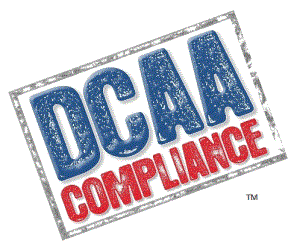DCAA just published guidance on how to address COVID-19 and it’s impacts on audits. Basically, it falls into two areas:
First:
“If audit teams are unable to obtain sufficient appropriate evidence (e.g., audit teams receive electronic documents from the contractor via e-mail and are unable to validate to original records), the audit team should continue with the audit and validate the electronic documents to original records when the Agency and/or contractor resumes normal operations. When normal operations resume, the audit team should validate the electronic data previously accepted and then issue the audit report. Audit teams are reminded to appropriately document the audit
evidence received, including the methods used to obtain the evidence.”
Second:
“For priority audits that must be issued before this selective testing to original records can take place (e.g., forward pricing assignments, incurred cost assignments subject to the National Defense Authorization Act one-year requirement), the audit team should assess the impact on the audit opinion and issue the audit report by the original agreed-to date. The lack of access to
original documents, lack of access to contractor personnel, or the inability to validate the source of original documents (e.g., contractor records and contractor downloads) will generally result in a reservation about the engagement (i.e., scope limitation). In most cases, this scope limitation will result in a qualified opinion. However, the audit team should assess the evidence collected and use professional judgment in determining whether a scope limitation is necessary”
See the full MRD on DCAA’s website: https://www.dcaa.mil/Portals/88/Documents/Guidance/MRDs/20-PAS-001(R)%20Audit%20Alert%20on%20Limited%20Contractor%20Access%20Due%20to%20COVID-19.pdf?ver=2020-04-14-132027-790
